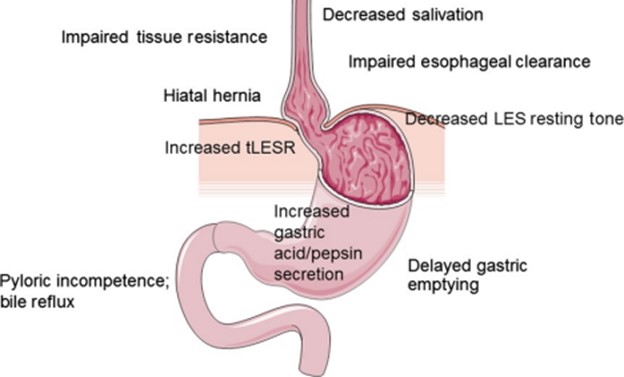The nurse is caring for a patient with COPD. Which intervention could be delegated to unlicensed assistive personnel (UAP)?
Teach the patient to pursed lip breath.
Auscultate breath sounds every 4 hours.
Assist the patient to get out of bed.
Plan patient activities to minimize exertion.
The Correct Answer is C
Assisting the patient to get out of bed is a task that can be safely delegated to UAP, as long as the patient's mobility and transfer status allow for assistance without the need for specialized nursing skills. UAPs are trained to provide basic patient care, including assisting with activities of daily living, under the supervision and direction of licensed healthcare professionals.
Teaching the patient to purse lip breath requires knowledge and understanding of the technique, as well as the ability to assess the patient's response and provide feedback. This is best done by a licensed healthcare professional, such as a nurse or respiratory therapist. Auscultating breath sounds every 4 hours requires the ability to correctly use a stethoscope and interpret the findings. This task falls within the scope of practice of a nurse or respiratory therapist who has received appropriate training.
Planning patient activities to minimize exertion requires knowledge of the patient's condition, limitations, and goals. It involves assessment, evaluation, and coordination of care, which are typically performed by licensed healthcare professionals.
Nursing Test Bank
Naxlex Comprehensive Predictor Exams
Related Questions
Correct Answer is ["A","B","C","D","E","F"]
Explanation
1. Alcohol: Alcohol can relax the LES, leading to increased reflux symptoms. 2. Chocolate: Chocolate contains compounds that can relax the LES and contribute to reflux symptoms.
3. Peppermint: Peppermint, including peppermint oil and peppermint-flavored foods, can relax the LES and worsen reflux symptoms.
4. Citrus fruits: Citrus fruits and juices, such as oranges, grapefruits, and lemons, are acidic and can irritate the esophagus, exacerbating GERD symptoms.
5. Cola sodas: Cola sodas, including both regular and diet varieties, can contribute to reflux symptoms due to their carbonation and acidic content.
6. Fatty foods: High-fat foods, such as fried foods, fatty meats, and full-fat dairy products, can delay stomach emptying and increase pressure on the LES, leading to reflux.

Correct Answer is C
Explanation
A low-pressure ventilator alarm indicates a potential issue with the delivery of adequate air or pressure from the ventilator. The pulse oximetry reading of 85% suggests that the client is not receiving sufficient oxygenation.
Providing ventilation with a bag-valve-mask device allows the nurse to manually assist the client's breathing and ensure proper oxygenation and ventilation while troubleshooting the ventilator alarm. By manually ventilating the client, the nurse can help maintain oxygenation and prevent further hypoxemia until the underlying cause of the alarm can be identified and resolved.
Suctioning the client's endotracheal tube, adding air to the pilot balloon, or placing a bit block in the client's mouth may be appropriate interventions in specific situations, but they are not the immediate priority in this case. The primary concern is to address the low oxygen saturation and ensure adequate ventilation.
Whether you are a student looking to ace your exams or a practicing nurse seeking to enhance your expertise , our nursing education contents will empower you with the confidence and competence to make a difference in the lives of patients and become a respected leader in the healthcare field.
Visit Naxlex, invest in your future and unlock endless possibilities with our unparalleled nursing education contents today
Report Wrong Answer on the Current Question
Do you disagree with the answer? If yes, what is your expected answer? Explain.
Kindly be descriptive with the issue you are facing.
